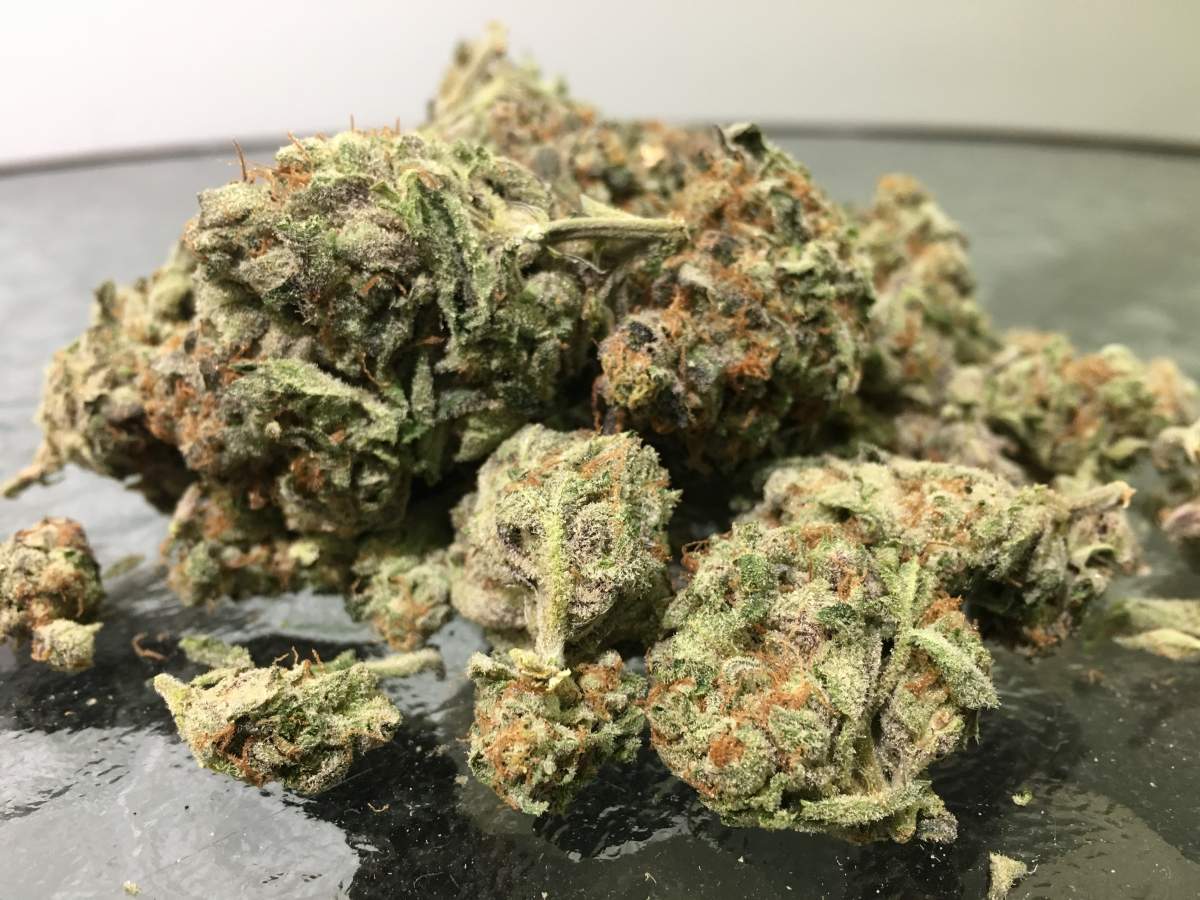You might say the London Police Service is taking a leaf out of the OPP’s book when it comes to their workplace approach towards legal recreational cannabis.

“All employees of the London Police Service are expected to be fit for duty when they come to work,” said Const. Sandasha Bough.
“This is already written-in procedure, and it won’t change for either sworn or civilian members.”
Provincial police issued a statement Monday, saying that their policy is also staying the same.
“Members must report to work fit for duty,” said OPP Commissioner Vince Hawkes. “All members must report to work fit for duty. The health and well-being of all our members enables the OPP to continuously provide effective support to our communities.”

Get breaking National news
Recreational marijuana became legal across Canada Wednesday, though the rules vary between provinces and territories. In Ontario, legal pot is being sold online through the government-run Ontario Cannabis Store, with brick-and-mortar stores slated for spring.
“With respect to retail stores and cannabis dispensaries, our guns and drugs section and uniformed officers will continue to work with the city,” said Bough, when asked how London police would approach known dispensary stores across London that have continued to operate illegally.
Private stores will be legal in April, but they’ll have to apply for a licence.
London police’s approach to grow operations and impaired driving are clearer.
“The changes in legislation allow up to four plants to be grown per household. However, illegal grow operations have always been illegal and will continue to be. Police will continue to enforce those laws, just as we have in the past,” said Bough.
“We’re as prepared as we can be,” she said, noting the service has doubled the number of drug-recognition officers and officers trained in field sobriety tests and continues to expand its resources to handle the “the projected workload in the future.”
MORE: Sign up for Cannabis IQ, a weekly newsletter covering legalization
Former Toronto police chief and current federal Minister of Border Security and Organized Crime Reduction, Bill Blair, told 980 CFPL the federal government has been working tirelessly for the last two and a half years on a strong regulatory framework that controls production, distribution, and cannabis.
It’ll still be illegal for Ontarians under the age of 19 to own or smoke pot, but Blair says police don’t need to criminalize young people found breaking the law.
“They’ll be able to seize the drugs, issue a ticket, administer a fine, where it’s appropriate and take the kid home to the parents, make that situation safer but in a proportional way that doesn’t criminalize that child.”
Blair adds that there are significant restrictions about advertising marijuana. You can listen to a full interview with Blair on The Craig Needles Show at 9:05 a.m. Wednesday.

















Comments